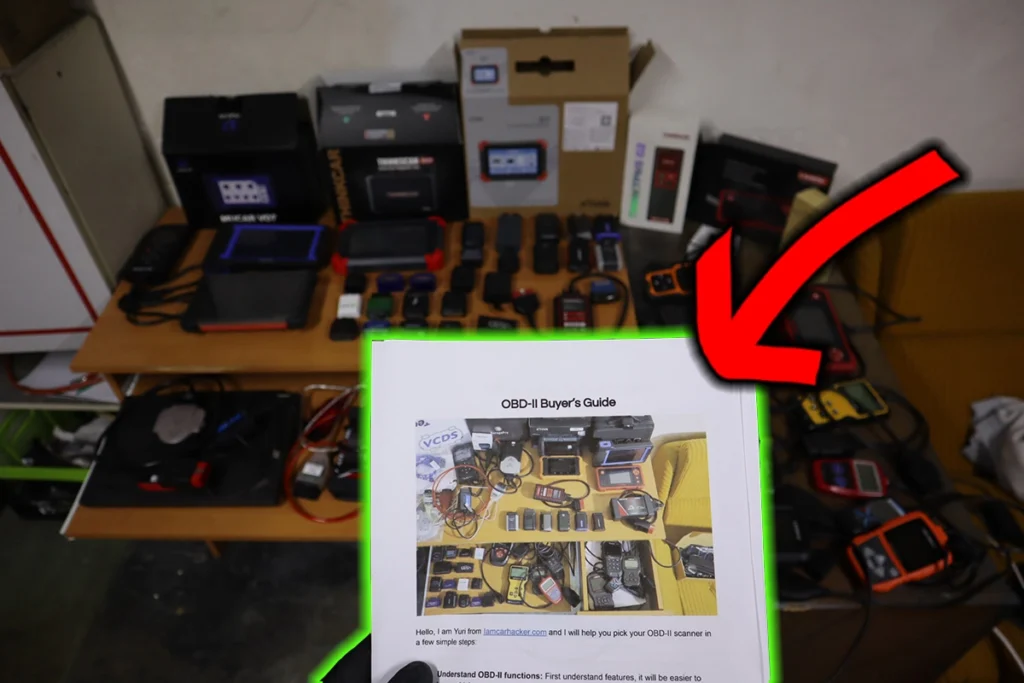The P3427: Cylinder 4 Deactivation/Intake Valve Control Circuit Low refers to a low voltage issue in the intake valve control circuit for Cylinder 4. This can be caused by faulty wiring, poor electrical connections, or a malfunctioning control solenoid. The intake valve control system is responsible for regulating airflow into Cylinder 4, and low voltage in the circuit can cause improper valve operation, leading to engine performance issues.
P3427 – Quick Overview
| Code | Information |
|---|---|
| Meaning | P3427: Cylinder 4 Deactivation/Intake Valve Control Circuit Low |
| Is it serious? | Yes, this can result in misfires, rough idling, and reduced fuel efficiency. |
| Possible causes | – Low voltage in the intake valve control circuit for Cylinder 4 – Faulty wiring or connections – Malfunctioning control solenoid |
| How to diagnose? | – Check the voltage levels in the intake valve control circuit for Cylinder 4 – Inspect wiring and connections for faults – Test the control solenoid for proper operation |
P3427 Meaning
The P3427: Cylinder 4 Deactivation/Intake Valve Control Circuit Low code indicates that the voltage in the intake valve control circuit for Cylinder 4 is lower than expected. This could result from damaged wiring, loose or corroded connections, or a faulty control solenoid. The intake valve control system regulates the airflow into Cylinder 4, and a low voltage condition can prevent proper operation, causing misfires, rough idling, or poor fuel efficiency.
Step-by-step diagnostic guide
| Action | Description | Tools Needed |
|---|---|---|
| Check for Other Codes | Use an OBD-II scanner to check for additional codes that may provide more insights into the intake valve control system for Cylinder 4. | OBD-II Scanner |
| Check Voltage Levels | Use a multimeter to measure the voltage levels in the intake valve control circuit for Cylinder 4. Compare the readings with manufacturer specifications to identify low voltage. | Multimeter, Diagnostic Tool |
| Inspect Wiring and Connections | Visually inspect the wiring and connections leading to the intake valve control circuit. Look for signs of damage, corrosion, or loose connections, and repair or replace as necessary. | Flashlight, Multimeter |
| Test Control Solenoid | Test the intake valve control solenoid for proper operation. Measure resistance and check for proper function based on manufacturer specifications. Replace if necessary. | Multimeter, Mechanic Tools |
| Repair or Replace Faulty Components | Repair or replace any faulty wiring, connectors, or solenoids identified during diagnostics. Ensure proper installation and functionality after replacement. | Mechanic Tools |
| Clear the Code and Test Drive | After completing repairs, clear the fault code using an OBD-II scanner. Take the vehicle for a test drive to ensure the intake valve control system for Cylinder 4 is functioning correctly. | OBD-II Scanner, Vehicle |
| Recheck for Codes | After the test drive, re-scan the vehicle to ensure that the P3427 code does not return. If the code reappears, further diagnostics may be required. | OBD-II Scanner |
Free PDF: How to choose OBD2 scanner

I’ve made you a free PDF to choose the OBD2 scanner in 5 minutes.
✅ Which OBD2 scanner is best?
✅ Which type should you get (DIY, Pro, Hobby)
✅ What is the best scanner for the exact brand/feature (e.g best for BMW)
✅ How to get a Bi-Directional tool for as cheap as $40
✅ Discount coupons for scanners
PDF is 100% free and it is designed to help you pick a scanner in less than a few minutes! Not a boring 50-page guide.
Just tell me where to send it.

Hi, I am Juraj “Yuri” Lukacko. I got frustrated by unhelpful and scammy mechanics, so I decided to learn everything about car diagnostics myself. I test dozens of new car diagnostic tools every month along with learning new strategies to fix and customize cars. About Juraj Lukacko (Yuri)